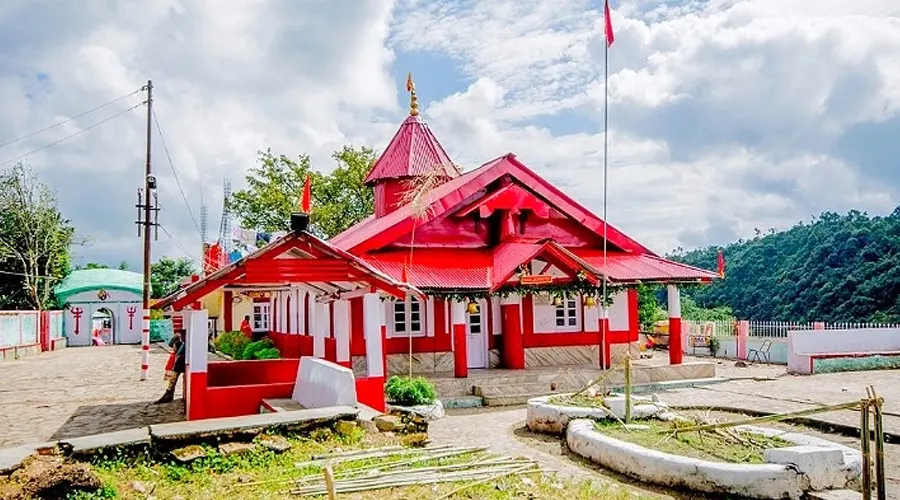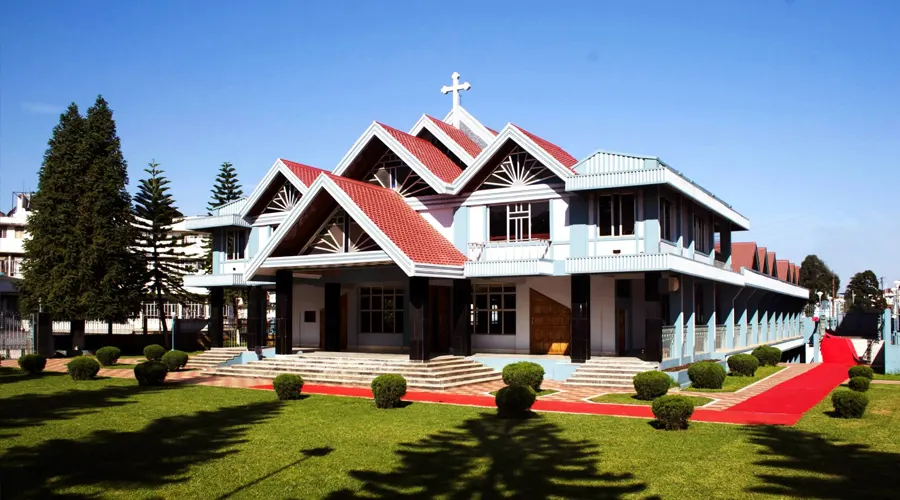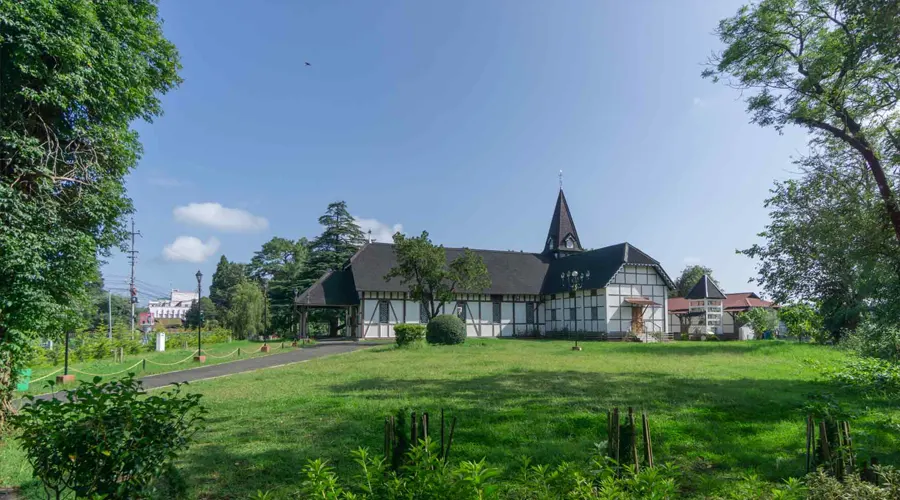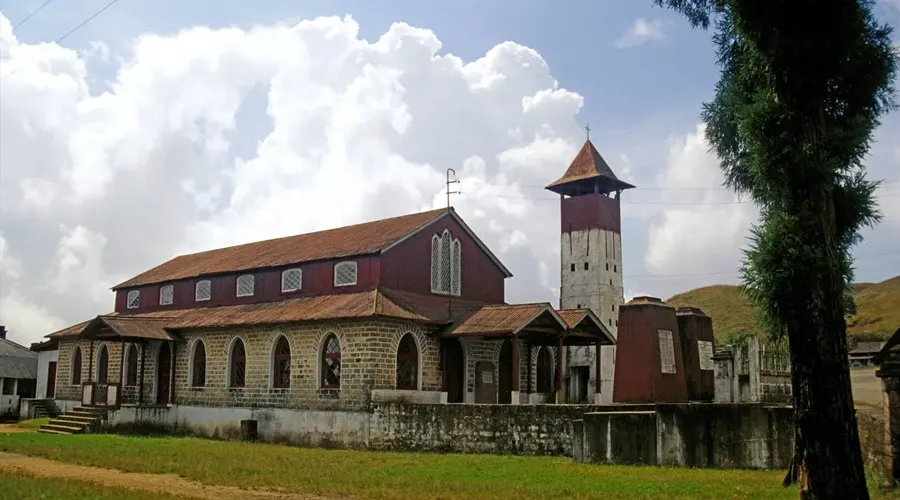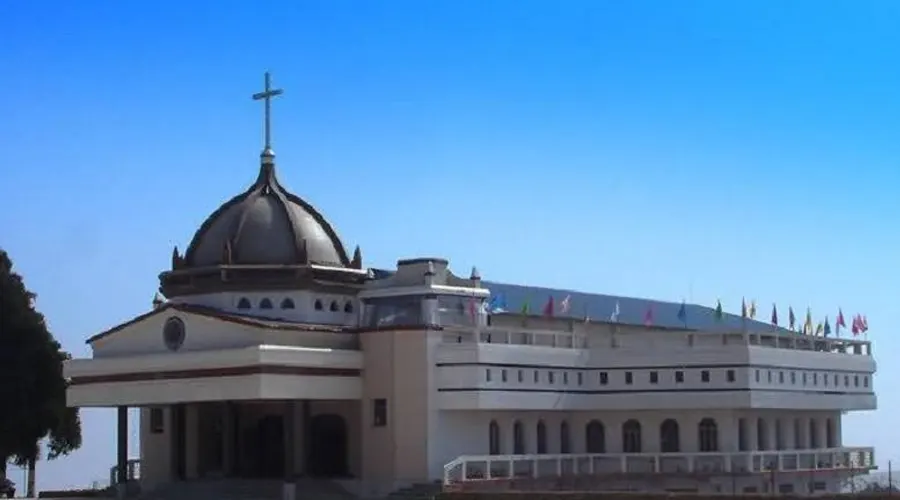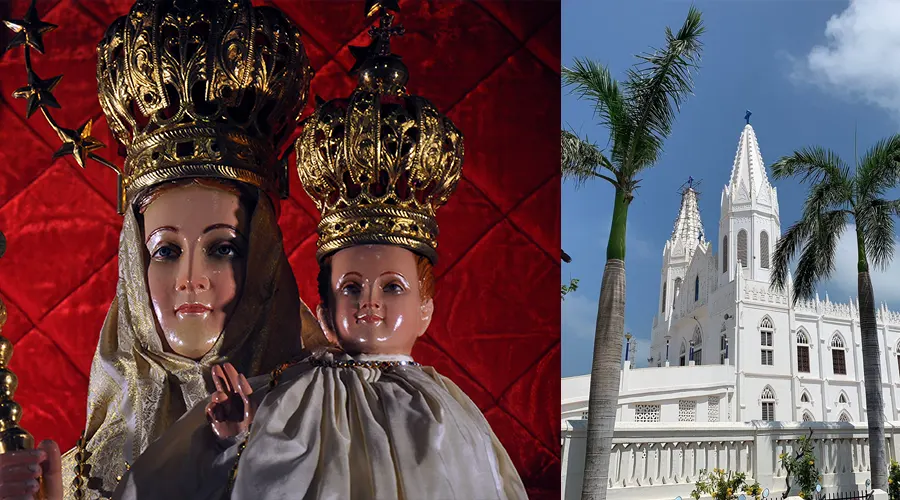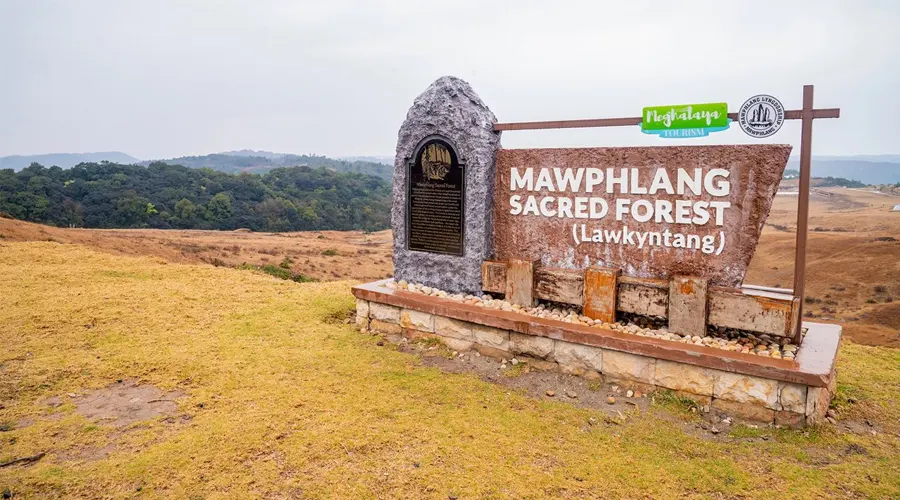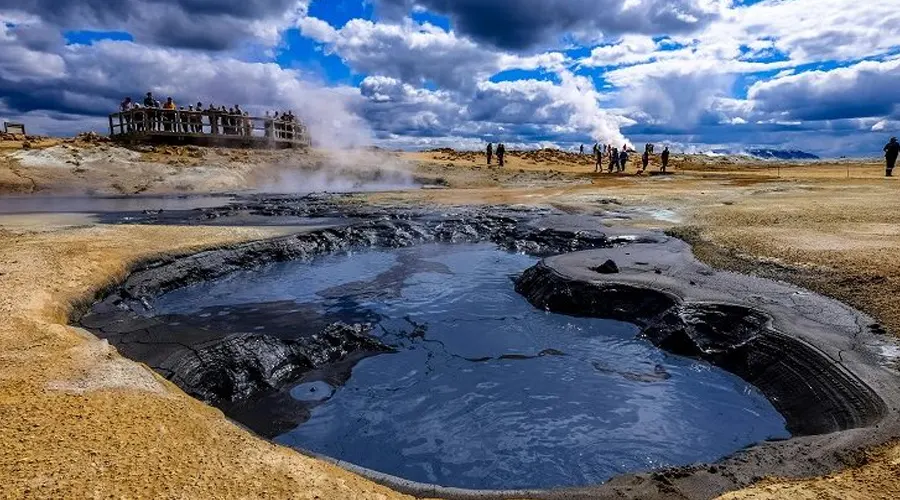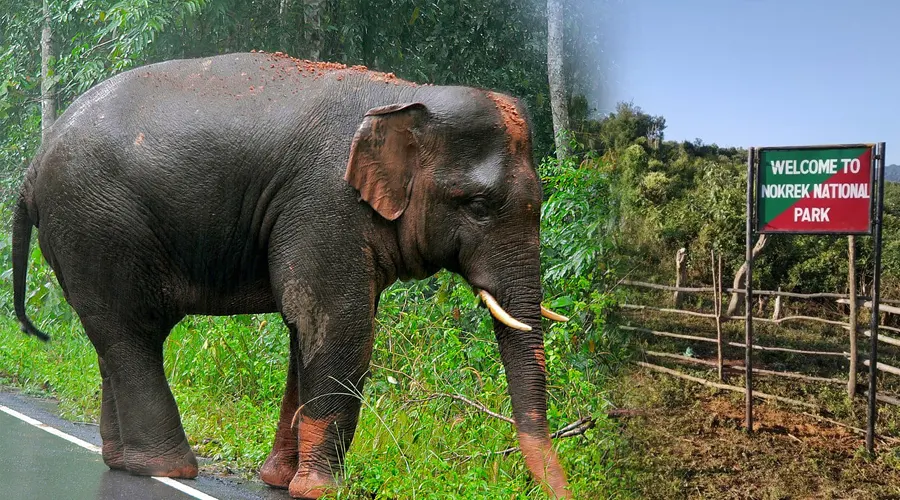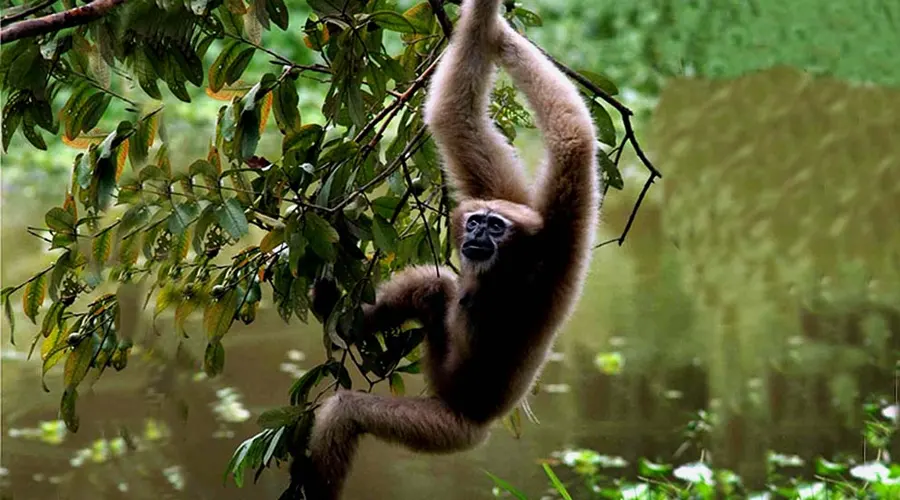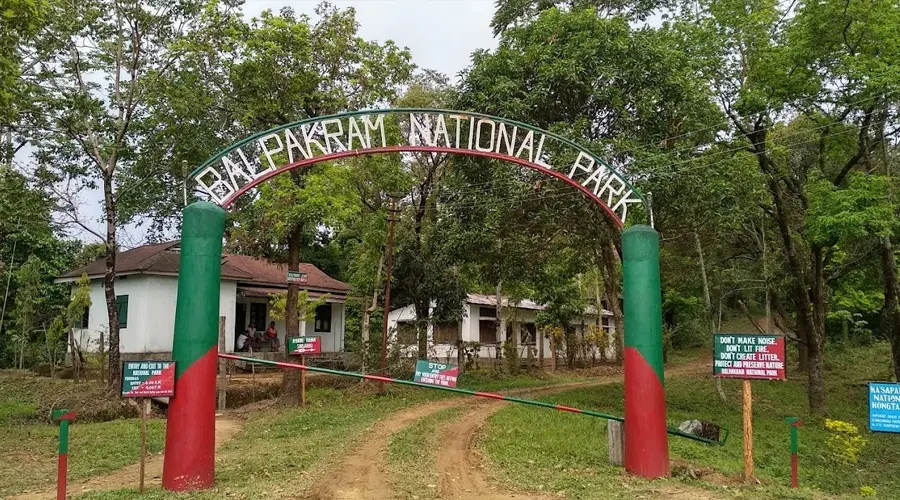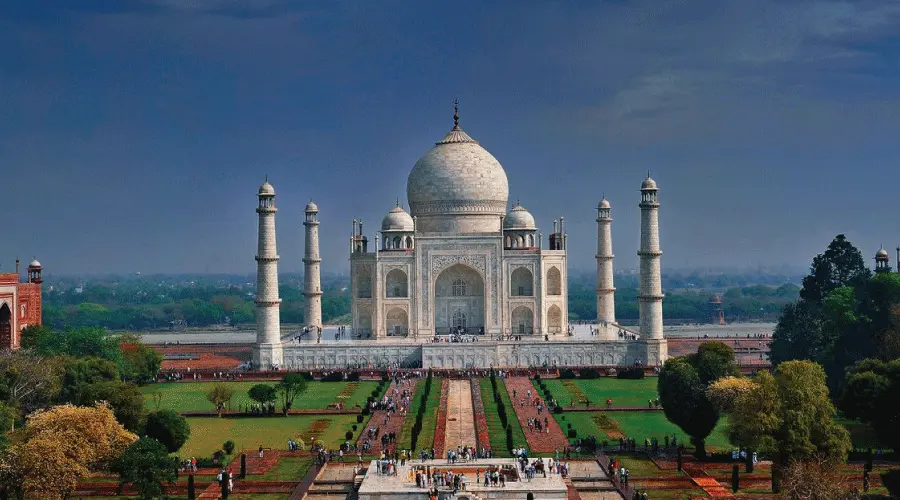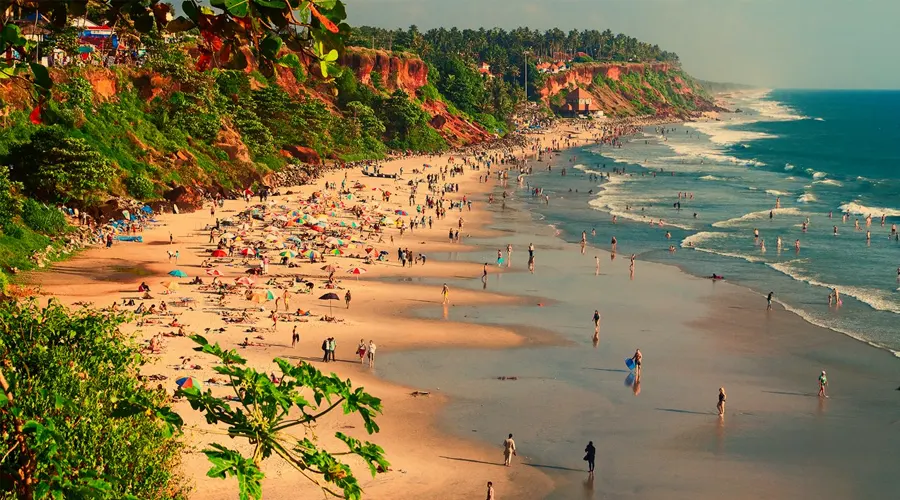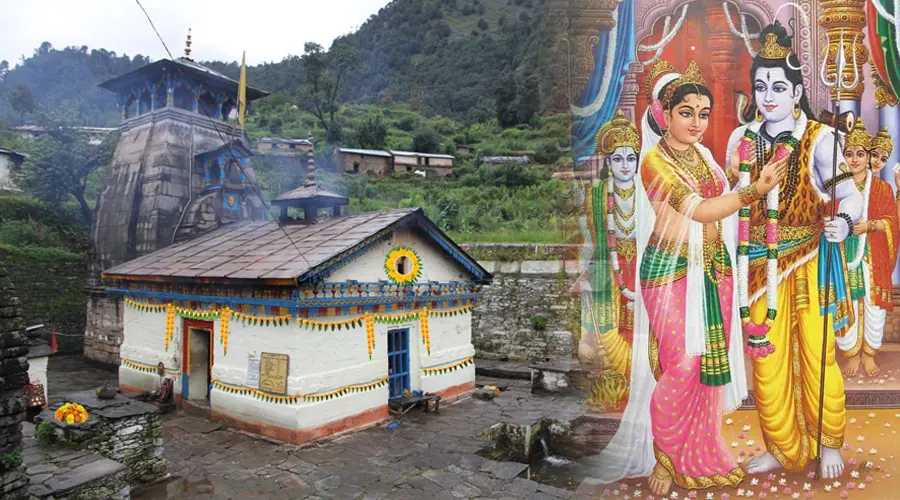Nartiang Durga Temple – Sacred Shakti Peeth In Meghalaya
Nartiang Durga Temple, located in the scenic West Jaintia Hills district of Meghalaya, is a 500-year-old revered Shakti Peetha. Recognized as one of the 51 Shakti Peethas in India, this ancient temple is a key pilgrimage site, especially for the followers of Shaktism.
The Shakti (Goddess) is worshipped here as Jayanti, while Bhairava is revered as Kamadishwar. The temple is considered the permanent abode of Goddess Durga by the local tribal Hindus—making it a rare and sacred site in the Northeast.
Historical Significance of the Temple
The origins of this temple go back over 600 years, when King Dhan Manik of the Jaintia Kingdom made Nartiang his summer capital. Legend says the Goddess appeared in his dream, inspiring him to build a shrine in her honor.
It is believed that Goddess Sati’s left thigh fell at this site, sanctifying it as a Shakti Peeth. The temple was later renovated in 1987 by Ramakrishna Mission Cherrapunji, giving it a modern yet traditional structure.
The place once witnessed human sacrifices, which have now been replaced with goat and hen sacrifices during Ashtami of Durga Puja.
Quick Overview of Nartiang Durga Temple
Feature | Details |
Location | Nartiang Village, West Jaintia Hills, Meghalaya |
Significance | One of the 51 Shakti Peethas in India |
Shakti Name | Jayanti |
Bhairava Name | Kamadishwar |
Founded By | Jaintia King Dhan Manik |
Festival Celebrated | Durga Puja, Navratri |
Unique Ritual | Worship of banana tree as Goddess Durga |
Altitude | Located atop the Jaintia Hills |
Best Time to Visit | October to March |
Temple Timings | 6:00 AM to 8:00 PM |
Unique Temple Architecture
Perched on a hilltop, the Nartiang Durga Temple is surrounded by mountains, forests, and the serene Myundu River. A golden-plated dome covers the temple, and its courtyard is large and serene.
The original thatched roof has been replaced by a tin roof, keeping Khasi architectural elements intact. The temple complex includes:
- Three Sacred Caves:
- Cave 1: Idols of Brahma, Vishnu & Ishwar
- Cave 2: Idol of Lord Shiva
- Cave 3: Sacred meditation site
- Boli Garbha (Sacrificial Chamber): Linked to the river through a tunnel for ritualistic purposes
- Nearby Shiva Temple: Within the temple complex
- Monolith Garden: Featuring Moo Kynthai (female dolmens) and Moo Shynrang (male menhirs)
Navratri and Durga Puja Rituals
During Navratri and Durga Puja, the temple follows a unique tribal-Hindu fusion tradition. No idols are placed. Instead:
- A banana tree wrapped in a saree and decorated with marigolds is worshipped as Maa Durga.
- A gun salute is performed to begin the celebrations.
- The banana tree is immersed in the Maytang River on Navami.
- Animal sacrifices (goats and ducks) are performed on Ashtami, wearing traditional dhoti and masks.
These customs highlight the tribal integration into mainstream Hindu worship, a rare spiritual blend in Meghalaya.
Spiritual Significance of Nartiang
The Nartiang Shakti Peeth is believed to fulfill the wishes of those who pray here with a pure heart. Known as Jayanteshwari, the Goddess here is worshipped not just for protection but for divine fulfillment and spiritual awakening.
Final Thoughts
Nartiang Durga Temple is more than just a religious destination—it's a fusion of tribal customs and Hindu traditions, a spiritual retreat amidst Meghalaya’s green hills. This Shakti Peeth continues to draw pilgrims, culture lovers, and curious travelers alike.
Whether you're a devotee, history enthusiast, or cultural explorer, this temple promises a unique experience. Visit this ancient marvel and immerse yourself in its mystical aura.
Faq About Nartiang Durga Temple – Sacred Shakti Peeth In Meghalaya
Ans: It is one of the 51 Shakti Peethas and a sacred site where Goddess Durga is worshipped as Jayanti.
Ans: The temple is in Nartiang village, West Jaintia Hills, Meghalaya.
Ans: King Dhan Manik of the Jaintia Kingdom built it as per divine inspiration.
Ans: A banana tree wrapped in a saree is worshipped instead of idols.
Ans: Yes, goats and hens are sacrificed during Ashtami, as per tradition.
Ans: It is believed that Sati’s left thigh fell here, sanctifying it as a Shakti Peeth.
Ans: Yes, but October to March is considered the best time to visit.
Ans: Yes, Shillong Airport (Umroi) is the nearest, 67 km away.
Ans: Stone structures representing male (Moo Shynrang) and female (Moo Kynthai) energies.
Ans: Priests from the same ancestral family conduct the temple rituals.

